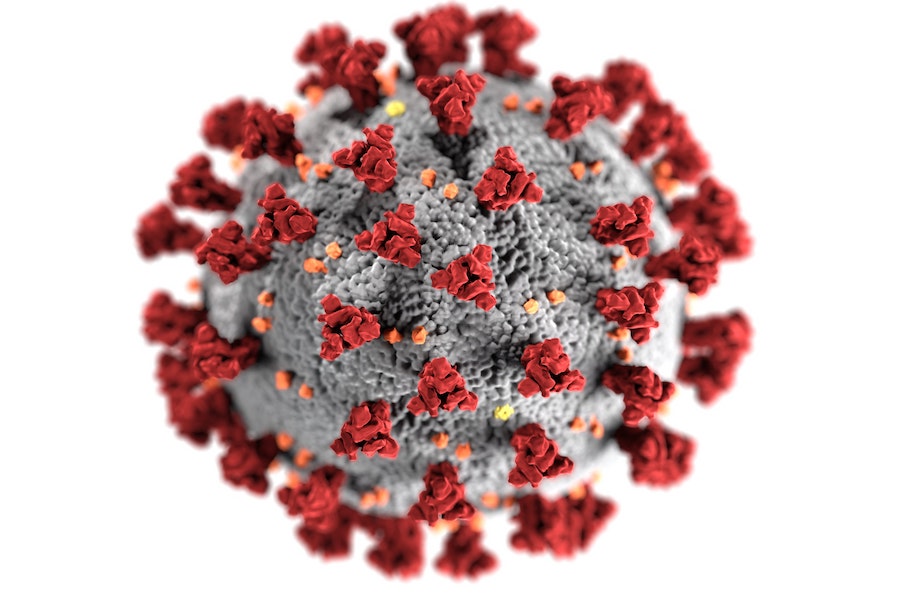The Potential Role of Antibody Testing in COVID-19 Detection
By Emily Kim
We are definitely navigating through unprecedented times, and effective testing is necessary to help people return to as much normalcy as possible. A recent study published by Oxford University and conducted in Wuhan, China provides some valuable insight. According to the study, supplementing PCR with IgM antibody tests can mitigate the limitations of PCR and improve the COVID detection rate.
What are the limitations of a PCR test? To provide some background, PCR tests (short for polymerase chain reaction), replicate samples of viral DNA to detect the presence of the virus. Doctors use nasal or throat swabs to collect these samples. PCR tests are diagnostic, and so if someone tests as a true positive, then yes, they have COVID-19. However, quite often, the PCR testing method is less black and white. Because PCR tests rely on swabbing to collect DNA samples, human error is a major concern. Once a sample is contaminated, the test results are unreliable. Furthermore, there needs to be a sufficient amount of DNA on the swab to amplify it and produce a clear reading.
Well, how can IgM antibody tests help? First and foremost, it is important to understand that antibody tests are an entirely different class of tests from PCR. Antibody tests are not diagnostic; rather, they test for the presence of antibodies in the blood. Antibody testing can help people understand whether or not they have had COVID in the past (in the case of high concentration of IgG) or are currently fighting the virus (in the case of IgM). Because IgM antibody tests do not diagnose the virus, they may not be the most useful on their own, but as researchers found, they could be powerful supplementary tools.
Researchers studied 208 people (a diverse group of hospitalized patients, people with preexisting conditions, and healthy individuals) and found that IgM tests had higher detection efficiency than PCR after 5.5 days of people showing symptoms. They also discovered a shocking statistic: overall, when an IgM test was used in addition to PCR, the virus detection rate increased from 51.9% to a whopping 98.6%.
Researchers sought to confirm these results by studying two smaller groups. They first studied 26 confirmed COVID-positive patients using IgM tests in addition to PCR. Seven patients tested negative when using the PCR test, but six out of seven of those patients tested positive for IgM. After repeating the PCR test, all seven were found positive. Researchers also studied six members of a family, in which only the grandmother tested positive for COVID with the PCR test. Every family member took a PCR test and repeated it if they initially tested negative. In addition, everyone took an IgM antibody test. These tests ended up confirming the PCR results in three individuals, but three others who tested negative twice with PCR were actually found to have IgM—in other words, they were currently fighting the virus.
Anecdotally, we’ve seen something similar with our antibody tests. One asymptomatic individual in particular got tested for the IgM antibody in addition to being administered PCR. He initially tested negative with PCR, but positive for IgM. The second time around, after isolating himself for two days, the PCR test still came out negative, but his IgM levels increased. Only after starting to feel symptomatic and taking the PCR test for the third time did he get a positive result. In this individual’s case, our antibody test was faster than the PCR method in detecting COVID-19.
These results emphasize the effectiveness of using IgM antibody tests along with PCR to help diagnose COVID-19. Similarly to the individuals in this study, people who test negative with PCR can use IgM tests to verify their results and fill in any gaps that their initial PCR test may have missed. These two testing methods by themselves may have significant limitations, but together, they may be a powerful force.
For more information, please see “Profiling Early Humoral Response to Diagnose Novel Coronavirus Disease (COVID-19)
https://academic.oup.com/cid/advance-article/doi/10.1093/cid/ciaa310/581075






